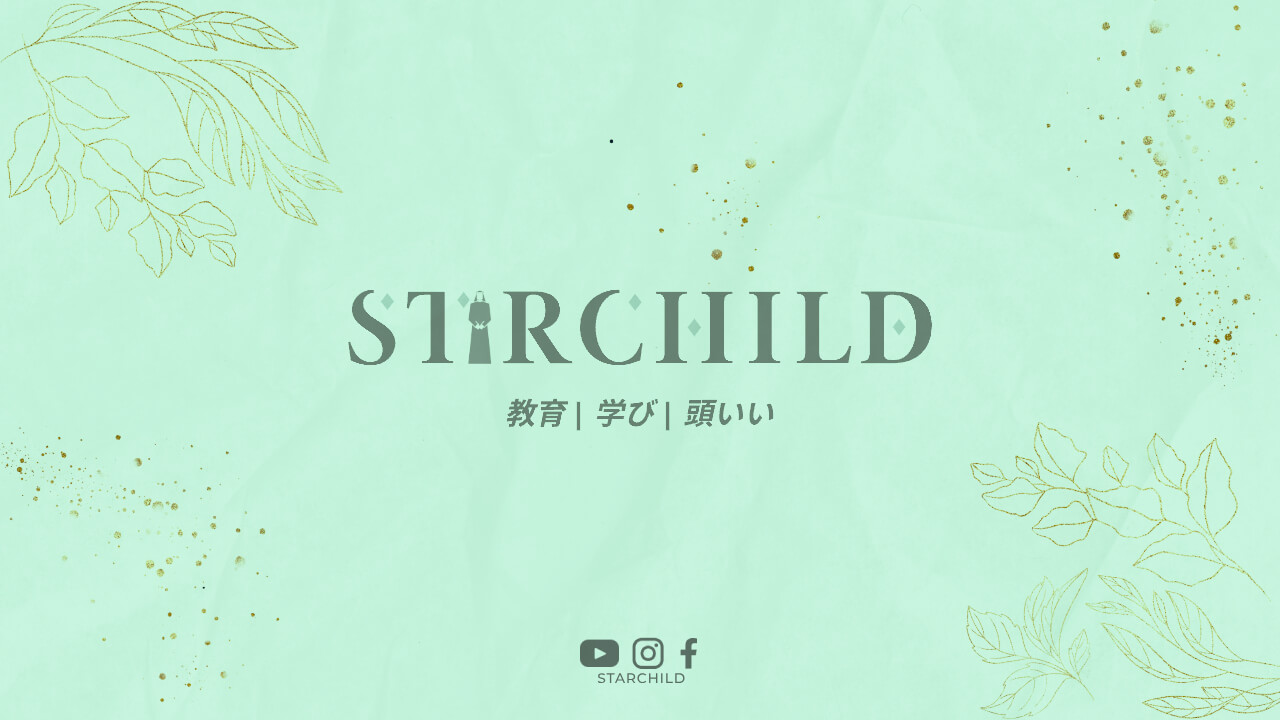Japanese high schools offer a comprehensive curriculum that focuses on academic excellence, character development, and holistic education. Understanding the high school curriculum in Japan is essential for students, parents, and educators who want to succeed in the Japanese education system.
What is a High School Curriculum in Japan?
A high school curriculum in Japan is a set of courses and educational programs that students must complete to earn a high school diploma. The curriculum covers a broad range of subjects, including Japanese language, mathematics, science, social studies, physical education, and foreign languages. High school students in Japan are also required to participate in extracurricular activities, such as sports, music, and club activities.
Types of High School Curriculum in Japan
There are three types of high school curriculum in Japan: general education, specialized education, and integrated education. General education curriculum offers a broad range of courses, while specialized education focuses on specific subjects such as science or humanities. Integrated education combines general and specialized education courses to provide a comprehensive education experience.
General Education Curriculum
The general education curriculum in Japan emphasizes a well-rounded education, covering a wide range of subjects, including Japanese language, mathematics, science, social studies, and foreign languages. In addition, students are required to participate in physical education and moral education programs. The general education curriculum prepares students for further education or employment after high school.
Specialized Education Curriculum
The specialized education curriculum in Japan focuses on specific subjects such as science, humanities, or vocational education. Students can choose to specialize in a particular subject area based on their interests and career goals. The specialized education curriculum is designed to prepare students for higher education or employment in their chosen field.
Integrated Education Curriculum
The integrated education curriculum in Japan combines the general and specialized education curriculum to provide a comprehensive education experience. Students can choose to specialize in a particular subject while still receiving a broad education in other subjects. The integrated education curriculum is designed to prepare students for higher education or employment in a variety of fields.
Requirements for Graduation
To graduate from high school in Japan, students must complete a set number of credits in various subjects. The number of credits required varies depending on the type of high school and the curriculum. In addition, students must pass a final examination or submit a research paper to demonstrate their knowledge and skills in their chosen subject area.
Extracurricular Activities
Extracurricular activities are an essential part of the high school curriculum in Japan. Students are encouraged to participate in sports, music, and club activities to develop their physical, social, and creative skills. Extracurricular activities also provide opportunities for students to build friendships, develop leadership skills, and learn about teamwork.
Challenges of High School Curriculum in Japan
The high school curriculum in Japan is rigorous and demanding, requiring students to study hard and excel in their academic and extracurricular activities. The pressure to succeed can be overwhelming for some students, leading to stress, anxiety, and burnout. In addition, the high school curriculum in Japan is highly competitive, with students competing for limited spots in top universities and companies.
Benefits of High School Curriculum in Japan
Despite the challenges, the high school curriculum in Japan offers many benefits to students. The curriculum provides a comprehensive education that prepares students for higher education or employment in a variety of fields. In addition, the emphasis on moral education and character development helps students become responsible, respectful, and compassionate members of society.
Conclusion
The high school curriculum in Japan is a comprehensive education program that emphasizes academic excellence, character development, and holistic education. Understanding the high school curriculum in Japan is essential for students, parents, and educators who want to succeed in the Japanese education system. By providing a well-rounded education, the high school curriculum in Japan prepares students for higher education or employment in a variety of fields, while also helping them become responsible and compassionate members of society.




